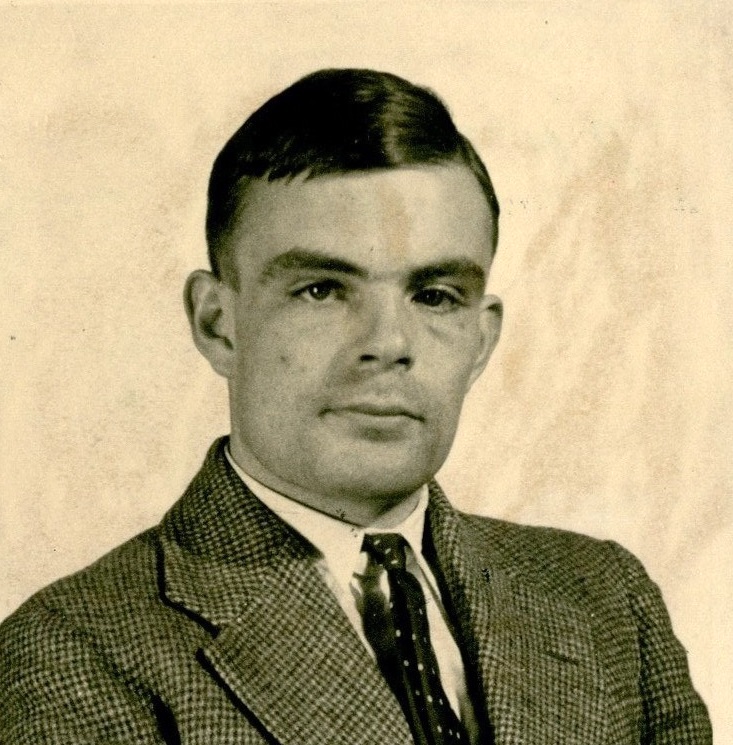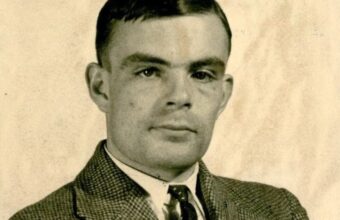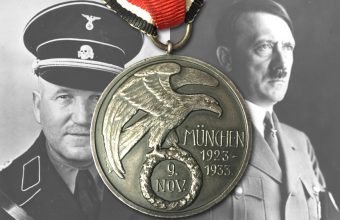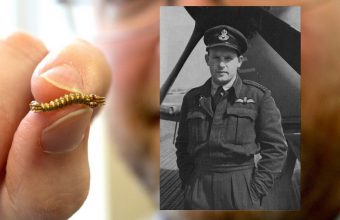Previously unpublished documents providing remarkable insight into the work of British codebreaker Alan Turing have sold at auction for £381,400. The historic papers date from Turing’s secret efforts in the early 1940s to create a portable encryption system known as the Delilah Project.
The handwritten notes and mathematical calculations offer a unique glimpse into the mind of the pioneering scientist.
Turing’s work cracking Nazi Enigma codes at Bletchley Park is credited with shortening World War Two. These newly discovered documents reveal more about his long-time work on wartime communications security.
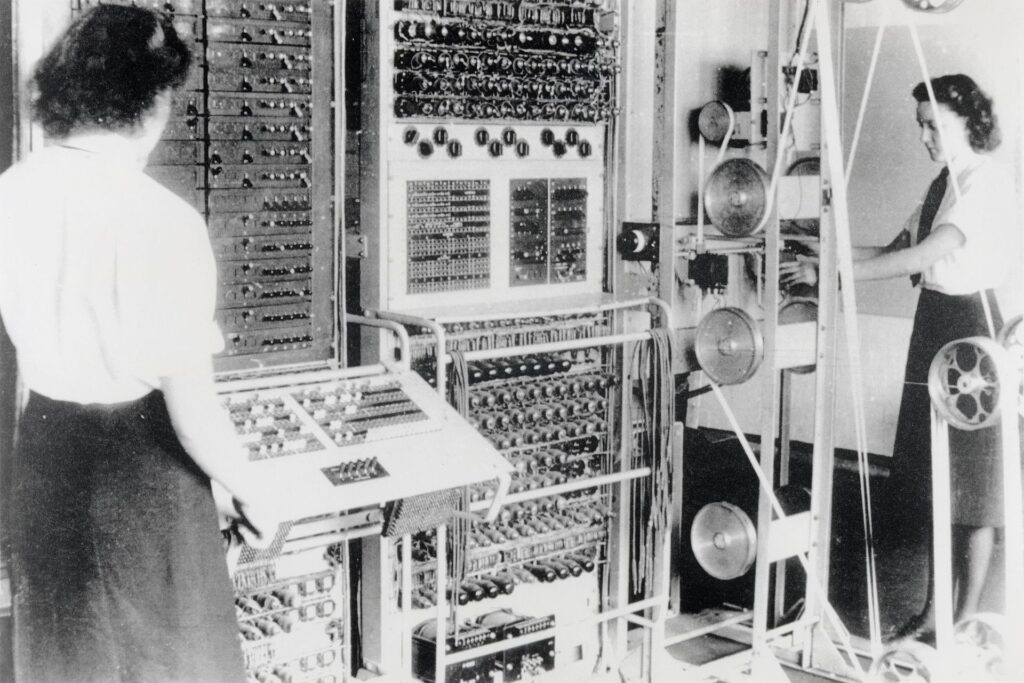
A Colossus computer of the sort developed and used at Bletchley Park to decode Axis messages.
According to the auctioneers, this sale is an “exceptionally rare chance” to acquire never-before-seen documents from one of Britain’s greatest minds.
Matthew Haley, of the auctioneers who handled the sale, said: “These papers provide a unique window into the challenges and excitement surrounding the Delilah Project.”
The papers demonstrate the sophistication of Turing’s thinking on electrical engineering and circuit design.
Towards the end of 1944, Turing demonstrated an early voice scrambling prototype to officials by encrypting a Winston Churchill speech. The groundbreaking technology laid the foundations for future telecommunications security tech.
Historical documents vary enormously in desirability and value. The person to whom they are connected is probably the greatest determinant of how much they will be worth.
The tragedy of Turing’s life and his modern status as a victim of anti-LGBT discrimination add interest to his story. There is also a decent claim that his work makes him perhaps the single greatest individual contributor to the vast collective effort of winning the war.
Any document connected to Turning will have some value. Papers like these that illustrate his genius are perfect. It’s possible that more may yet be discovered.
Alongside his codebreaking achievements, Turing made critical contributions to early computing and artificial intelligence. The remarkable documents provide a fascinating insight into the brilliance of a genius whose later life ended in tragedy following persecution for his sexuality.
As some of the most important surviving documents from his work, the historic papers will enrich understanding of Alan Turing’s wartime codebreaking innovations and unconventional thinking that proved critical in the fight against fascism.







